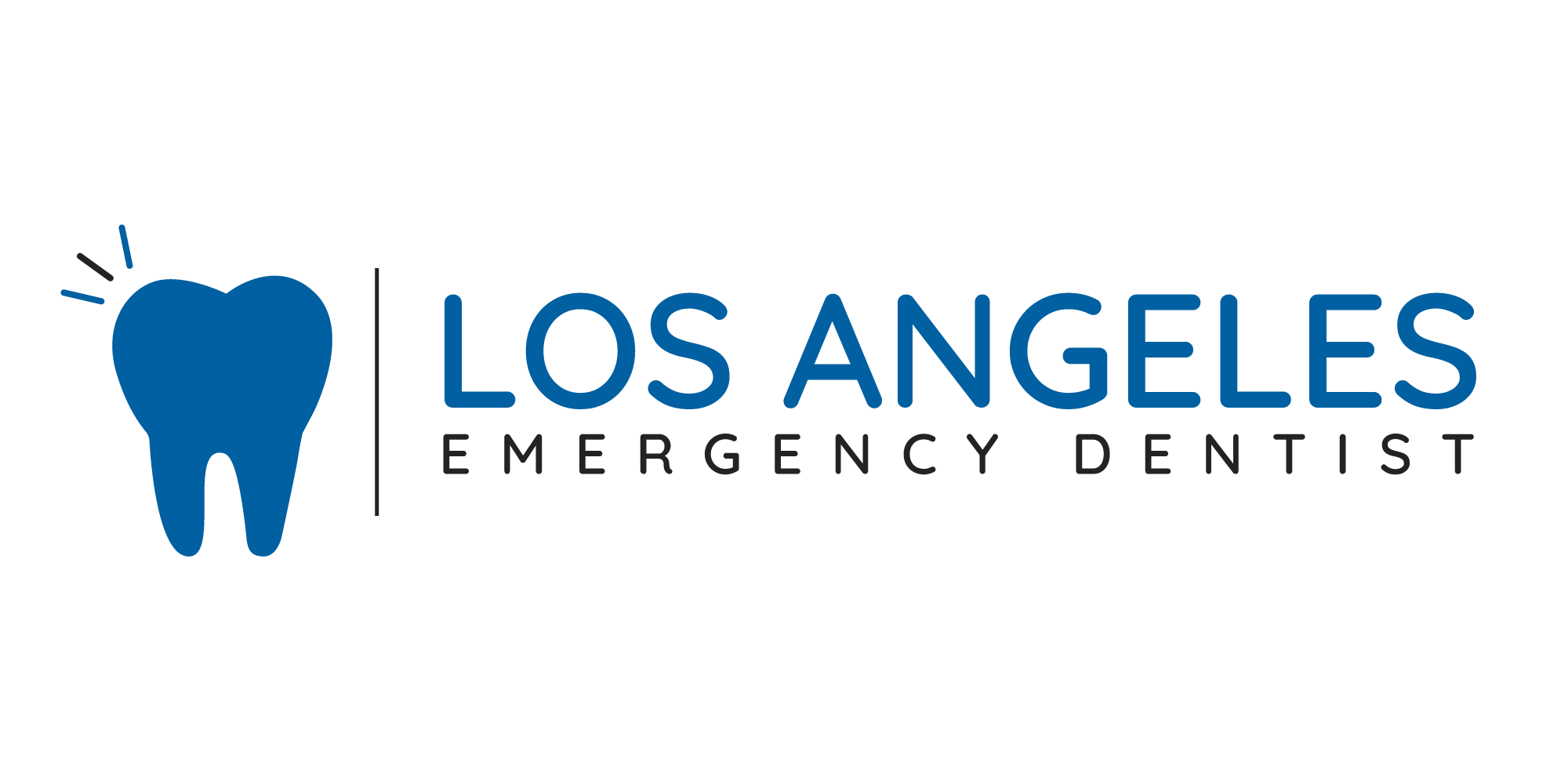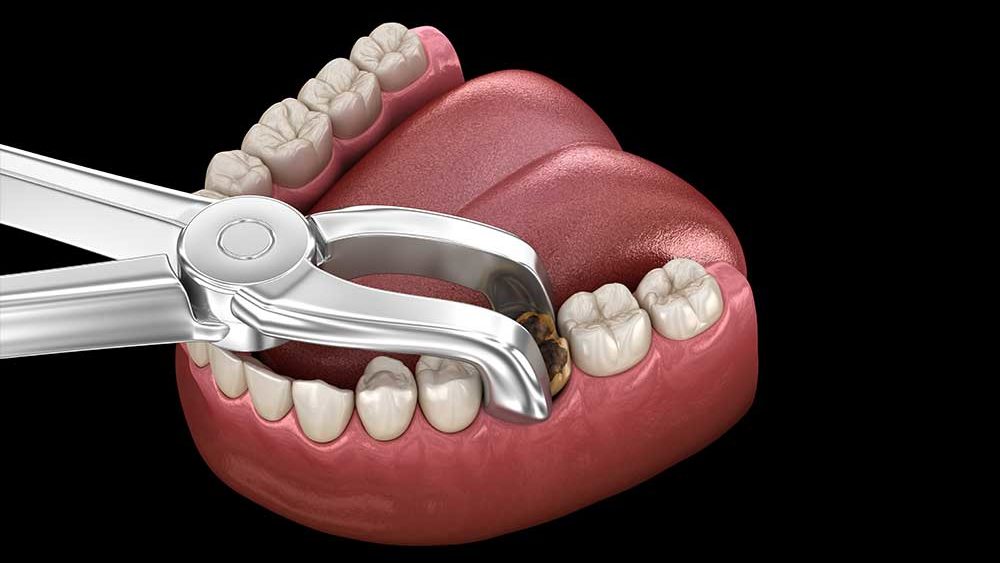Dry mouth, also known as xerostomia, is a condition where your mouth doesn’t produce enough saliva. Saliva plays a crucial role in maintaining oral health by helping to neutralize acids, wash away food particles, and prevent harmful bacteria buildup. When dry mouth occurs, the lack of saliva can lead to an increased risk of tooth decay, gum disease, and other oral health problems. If dry mouth causes severe decay in your teeth, you may be wondering whether tooth extraction is necessary. In this blog, we will discuss the connection between dry mouth and tooth decay, when tooth extraction might be needed, and what steps you can take to prevent further damage to your teeth.
What Is Dry Mouth and How Does It Affect Oral Health?
Dry mouth is a condition where the salivary glands don’t produce enough saliva. This can be caused by a variety of factors, including certain medications, medical conditions, dehydration, or even lifestyle habits such as smoking. Saliva is essential for keeping your mouth clean and healthy. Without adequate saliva, the risk of developing cavities, gum disease, and other dental issues increases significantly.
When dry mouth occurs, you may notice symptoms such as a sticky or dry feeling in your mouth, difficulty swallowing or speaking, bad breath, and an increased risk of cavities. The lack of saliva makes it easier for plaque and bacteria to accumulate on your teeth, leading to tooth decay. Over time, untreated decay can cause significant damage, which may eventually require tooth extraction.
How Does Dry Mouth Contribute to Tooth Decay?
Saliva plays several vital roles in oral health. Here’s how it helps prevent tooth decay:
- Neutralizing Acids: Saliva helps neutralize acids in the mouth that are produced by bacteria feeding on food particles. Without saliva, these acids can eat away at tooth enamel, leading to cavities.
- Washing Away Food Particles: Saliva naturally rinses away food debris and bacteria, reducing the risk of plaque buildup on your teeth.
- Remineralizing Enamel: Saliva contains minerals like calcium and phosphate that help remineralize and repair tooth enamel that has been weakened by acids.
When there’s insufficient saliva due to dry mouth, your teeth are left vulnerable to the harmful effects of plaque buildup, bacteria, and acid. Over time, this can lead to severe tooth decay. If the decay is left untreated, it can progress to the point where a root canal or extraction is necessary.
When Is Tooth Extraction Necessary Due to Severe Decay from Dry Mouth?
Tooth extraction is typically a last resort, and your dentist will do everything possible to save your natural teeth. However, in some cases of severe decay caused by dry mouth, extraction may be the best option to prevent infection and further complications. Here are a few scenarios when tooth extraction might be necessary:
1. The Decay is Too Extensive to Restore
If a cavity is so deep that it reaches the pulp (the innermost part of the tooth) or causes significant structural damage, a root canal or filling may not be enough to restore the tooth. In this case, extraction may be recommended to prevent infection and further damage to the surrounding teeth and gums.
2. The Tooth is Severely Cracked or Broken
In some cases, tooth decay caused by dry mouth can lead to a tooth cracking or breaking. If the tooth is severely fractured and cannot be repaired with a crown or other restorative treatments, extraction may be necessary to alleviate pain and prevent infection.
3. The Tooth is Loose or Falling Out
If decay has weakened the tooth and caused it to become loose or fall out, extraction may be the only option. A loose tooth is more susceptible to infection and may cause pain or discomfort if left untreated.
4. Ongoing Infections or Abscesses
Severe decay caused by dry mouth can lead to infections or abscesses (pockets of pus) in the tooth. If the infection cannot be treated with antibiotics or a root canal, the tooth may need to be extracted to prevent the infection from spreading to the surrounding teeth or even the bloodstream.
What Are the Alternatives to Tooth Extraction?
Before considering tooth extraction, your dentist will explore other treatment options to save your tooth. Here are a few alternatives to tooth extraction for teeth affected by decay from dry mouth:
1. Fillings and Crowns
If the decay is limited to the surface of the tooth, a dental filling may be enough to restore the tooth’s function. In some cases, your dentist may recommend a crown, which is a cap that covers and protects a damaged tooth. Crowns are often used for teeth that have large fillings or are weakened by decay.
2. Root Canal Treatment
If the decay has reached the pulp of the tooth, a root canal may be necessary to remove the infected tissue and save the tooth. During a root canal, your dentist will remove the damaged pulp, clean the inside of the tooth, and seal it to prevent further infection. After the root canal, the tooth may require a crown to restore its strength and function.
3. Fluoride Treatments and Sealants
For early-stage decay, fluoride treatments or dental sealants may help remineralize the enamel and prevent further damage. Fluoride strengthens the enamel, making it more resistant to acid attack, while dental sealants can provide an extra layer of protection against cavities, especially in the back teeth.
4. Periodic Monitoring and Care
In some cases, if the decay is not too severe, your dentist may recommend periodic monitoring of the tooth. This might include regular cleanings and checkups to ensure that the decay doesn’t worsen, along with fluoride treatments or other preventive measures to protect the tooth.
How Can I Prevent Dry Mouth and Tooth Decay?
If you suffer from dry mouth, there are several steps you can take to help manage the condition and reduce the risk of tooth decay:
1. Drink Plenty of Water
Staying hydrated is crucial for maintaining proper saliva production. Drink plenty of water throughout the day to keep your mouth moist and help wash away food particles and bacteria.
2. Use Saliva Substitutes
If you struggle with dry mouth, there are saliva substitutes available in the form of sprays, gels, and lozenges that can help keep your mouth moist. These products can provide temporary relief and protect your teeth from the harmful effects of dry mouth.
3. Practice Good Oral Hygiene
Brushing your teeth twice a day with fluoride toothpaste and flossing daily can help remove plaque and bacteria from your teeth, reducing the risk of cavities and gum disease. Be sure to brush your tongue as well, as it can harbor bacteria that contribute to decay.
4. Chew Sugar-Free Gum
Chewing sugar-free gum can help stimulate saliva production and provide moisture to your mouth. Look for gum that contains xylitol, which has been shown to help prevent cavities.
5. Avoid Tobacco and Alcohol
Tobacco and alcohol can contribute to dry mouth and exacerbate tooth decay. Limiting or avoiding these substances can help protect your oral health.
Final Thoughts
Dry mouth can significantly increase the risk of tooth decay, and in severe cases, it may lead to the need for tooth extraction. However, extraction is typically only recommended when the decay is too extensive to be treated by other means. If you are suffering from dry mouth and noticing increased tooth decay, it’s essential to seek professional dental care as soon as possible. Your dentist will evaluate your condition and recommend the best course of treatment, which may include fillings, root canals, fluoride treatments, or other restorative options to save your teeth and protect your oral health.
If you’re dealing with dry mouth and its effects on your teeth, contact our emergency dental office in Los Angeles for an evaluation and to explore treatment options that can help preserve your natural teeth.
Meta Description: Experiencing tooth decay due to dry mouth? Learn how dry mouth contributes to decay, when tooth extraction may be necessary, and how to prevent further damage. Visit our Los Angeles emergency dental office for expert care.


